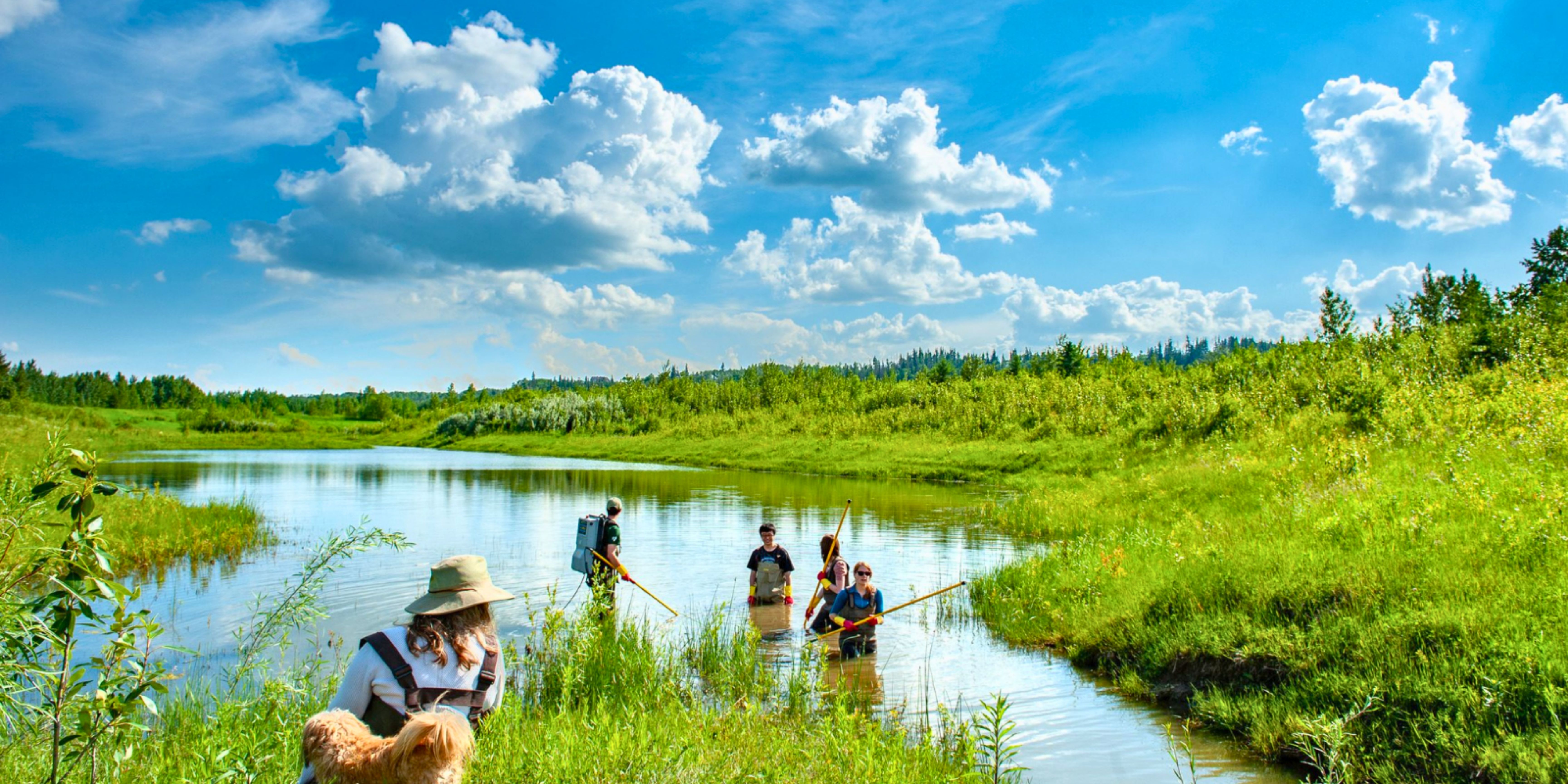Bachelor of Arts in Environmental Studies Degree Program Guide

It will take interdisciplinary expertise to solve the world’s complex environmental problems, such as climate change, natural resource depletion, pollution and biodiversity loss. To equip our future leaders to tackle these challenges, the Faculty of Agricultural, Life & Environmental Sciences and the Faculty of Arts have partnered to offer the Bachelor of Arts in Environmental Studies. This flexible, collaborative program also draws on the Faculties of Native Studies and Science to expose students to a diverse range of views and concepts.
This degree will educate students in the scientific, cultural, economic, moral, political and social dimensions of environmental issues, and develop the expertise required to identify, frame and develop solutions to important environmental issues. You will gain scientific literacy and critical thinking skills to analyze complex environmental problems and evaluate sustainable solutions. Throughout the program, investigate food, natural resource economics, politics, biology, geology, history and sociology, among other topics, to graduate with a well-rounded perspective and the skills to build a better and more sustainable world.
Academic Requirements for Environmental Studies students
- Environmental studies students must select one of the following concentrations during their degree, and take a minimum of 30 units of coursework related to it:
- For a comprehensive list of degree requirements expected of BA Environmental Studies students, please directly consult the University of Alberta Calendar section about this program.
The University of Alberta Calendar will always contain the most up-to-date degree requirements for your program, and your requirements are determined by the calendar year you were admitted in.
What kinds of careers can you pursue with an Environmental Studies degree?
There are many different fields and career paths that students can pursue with a Environmental Studies degree. From government and public policy to community engagement, graduates are equipped with critical thinking, analytical and interpersonal skills to name a few, that are assets in today’s job market. Although there is a list of career options below, it is important to understand that careers are not linear. Intentionally engaging in a variety of activities and following your curiosities will open new opportunities that you might not have expected. To learn more about how you can put your Arts degree to work, stop by the HUB Career Centre (8917 HUB Mall) for more information.
- Conservation Officer
- Natural Resource Manager
- Wildlife Manager
- Renewable Energy Specialist
- Green Technology Advisor
- Community Outreach Coordinator
- Environmental Program Coordinator
- Food Policy Analyst
- Environmental Policy Analyst
- Environmental Consultant
- Conservation Officer
- Sustainability Coordinator
- Educator (Professor, Secondary or Primary)
- Public Engagement Specialist
- Social Researcher
- Conservation Resource Manager
- +More!
Interested in gaining work experience related to your career goals? If so, apply to Arts Work Experience to gain full-time, PAID, work experience before you graduate!
Important Links
- Department website and full program overview
- Prospective student information and application
- Graduate studies information
- Current Arts student advising